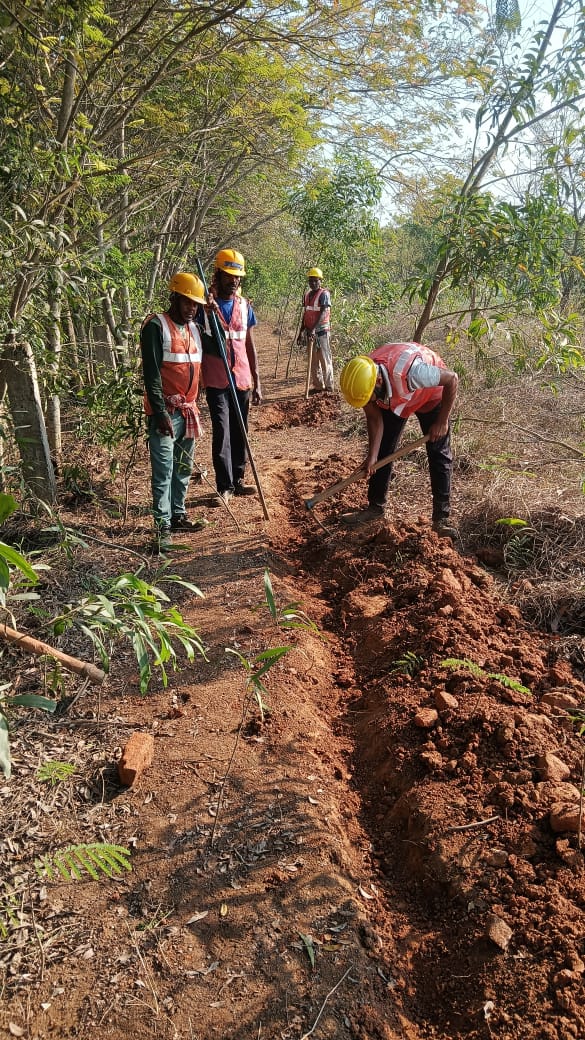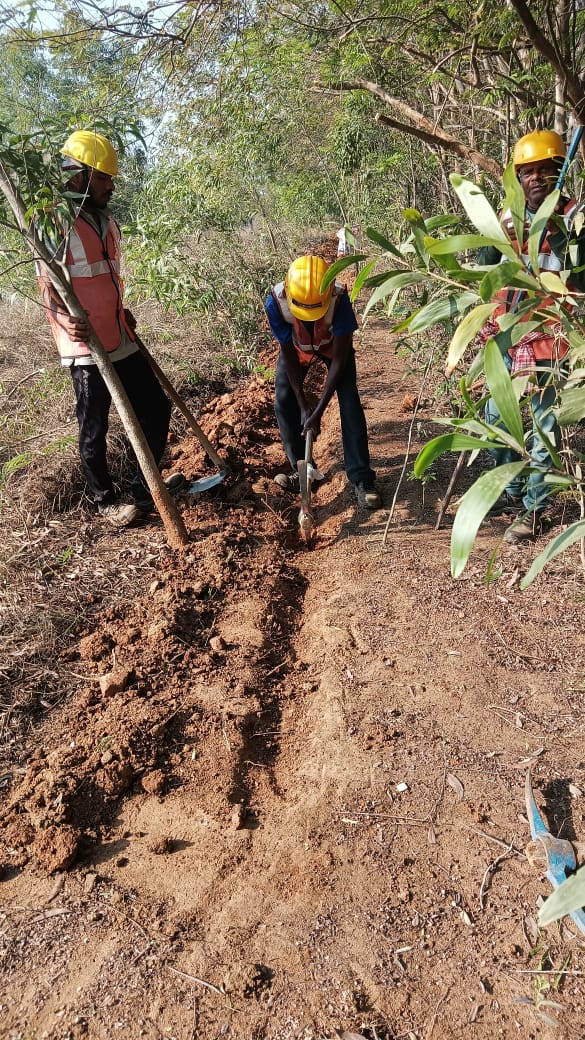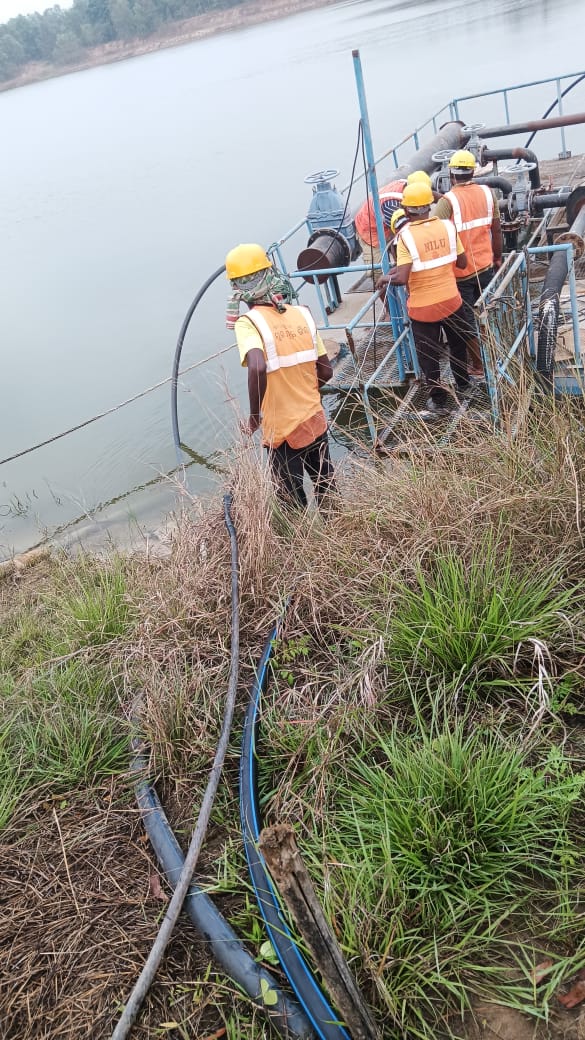Advantages of HDPE pipe laying:
Durability and longevity:
HDPE pipes are resistant to corrosion, rust, and chemical damage, allowing them to be laid in harsh and corrosive soils without needing special coatings. Their durability and resistance to UV radiation give them a service life of 50 to over 100 years, far exceeding that of traditional metal or concrete pipes.
Leak-proof joints and reliability:
The heat fusion process, including butt welding and electro-fusion, creates seamless, monolithic joints that are as strong as the pipe itself. This eliminates weak points, prevents leaks, and minimizes the risk of joint failure, which is especially critical for transporting gas and drinking water.
Flexibility and strength:
HDPE pipes are highly flexible, allowing them to be bent around obstacles and conform to uneven terrain without needing many fittings. This flexibility also makes them resistant to damage from ground movement and seismic activity. Despite their flexibility, they have high tensile strength and can withstand significant internal and external pressure.
Cost-effectiveness:
The light weight of HDPE pipes makes them easier and cheaper to transport and handle, reducing overall installation costs. Their flexibility allows for fewer fittings, while their long service life and minimal maintenance needs provide significant long-term cost savings.
Installation benefits:
HDPE pipe can be installed using trenchless technology, such as horizontal directional drilling (HDD) or pipe bursting. This technique reduces the need for extensive excavation, minimizing surface disruption and environmental impact.


Key applications for HDPE pipe laying:
Water supply: HDPE pipes are safe for potable water and resistant to corrosion, ensuring clean and reliable water distribution systems.
Gas distribution: The leak-free joints and chemical resistance make HDPE a standard for safely transporting natural gas.
Wastewater management: Their smooth interior and resistance to chemicals and abrasion make them ideal for sewer and drainage systems.
Mining: HDPE pipes are used for transporting abrasive slurries and handling dewatering in harsh mining conditions.
Trenchless technology: Ideal for projects where minimal disruption is required, such as under roads, rivers, and existing infrastructure



